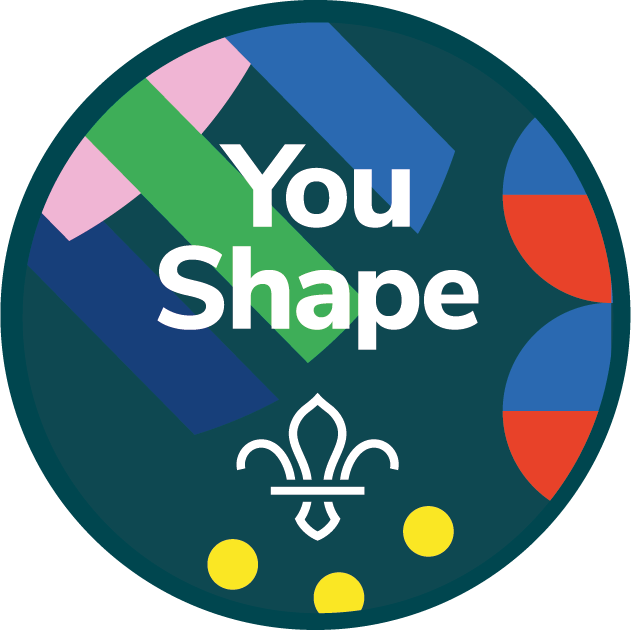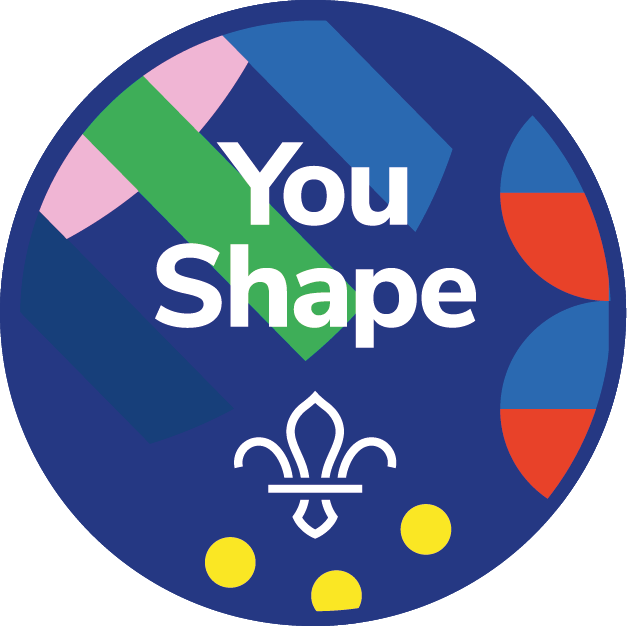
Play our Scouts through time quiz
You’ll need
- Pens or pencils
- Scrap paper
Before you begin
- Use the safety checklist to help you plan and risk assess your activity. There's also more guidance to help you carry out your risk assessment, including examples.
- Make sure all young people and adults involved in the activity know how to take part safely.
- Make sure you’ll have enough adult helpers. You may need some parents and carers to help.
Planning and setting up this activity
- Print copies of the quiz sheets, answers and quiz questions.
- You can use this activity for the YouShape award, which is all about young people bringing their ideas to Scouts.
Running this activity
- Gather everyone together and explain that you’ll be doing a quiz to see how much people know about Scouts, as well as to find out what they want to do in Scouts in the future.
- Ask everyone to get into pairs or small teams.
- When everyone’s ready, slowly read through the multiple-choice questions, giving plenty of time for people to note down their answers.
- When you reach the open-ended questions, explain that for each one they should write down three words, but don’t tell them how these questions will be scored.
- At the end, ask everyone to swap sheets and reveal the answers.
- For the multiple choice questions, teams get one point for each correct answer.
- For the open-ended questions, to gain a point in this round, teams must have the same answer as another team. Teams get a point for each team who has the same answer as them. For example, if three teams have the same answer, they each get three points.
- Once everyone has completed their scores, add them up and see who scored the most points. You could give out bonus points for best team-name, most creative answer or best teamwork.
- Now, people could create their own quiz to find out from each other about what they think about the future of Scouts. They should think about what questions they want to ask, what answers do they want to find out, who is their audience, and how is the quiz completed (such as on paper, digitally or as a game).
- Once everyone’s finished, you could try each other’s quizzes, then talk as a group about what they think the future of Scouts is and what they really want to see happen in Scouts.
Reflection
This activity was all about reflecting on the history of Scouts, as well as what we want to see if the future. Everyone took part in a quiz about Scouts history. What was your favourite question in the quiz? Did you learn anything new? Did you enjoy working as a team? How has Scouts changed over the last 100 years? Did you notice if anything has stayed the same? What do you think the best changes have been?
In the quiz, you were asked some questions and you had to give your ideas. What ideas did you come up with? Which answers were the most popular? Did any of the teams have with the same answers, or were they all different? Was there a common theme in what people liked/wanted? Are there any activities you’d love to do in Scouts that weren’t mentioned?
Everyone had lots of ideas. Are there any ideas that can be done now by your section or group? Or do the ideas need more action to be taken, such as a new badge introduced by the local area or Scouts UK? What would you do if you were in charge of: a Scout group, a Scout district or county, a country, Scouts UK?
Safety
All activities must be safely managed. You must complete a thorough risk assessment and take appropriate steps to reduce risk. Use the safety checklist to help you plan and risk assess your activity. Always get approval for the activity, and have suitable supervision and an InTouch process.
- To make this activity easier, you could reduce the number of optional multiple choice answers, reduce the quiz questions or change them for simpler questions.
- To make this activity harder, you could allow the young people to do their own research and create their own quizzes.
- If people have hearing loss or may find it difficult to hear the questions, you could hand out versions of the quiz without the answers for them to read. You may want to have large print versions available too.
All Scout activities should be inclusive and accessible.
If you enjoyed this activity, try the YouShape award, which is all about young people bringing their ideas to Scouts.
Young people could see if they can come up with any more ideas, or they could try to plan their dream Scouts term. Can you then do any of these ideas?

